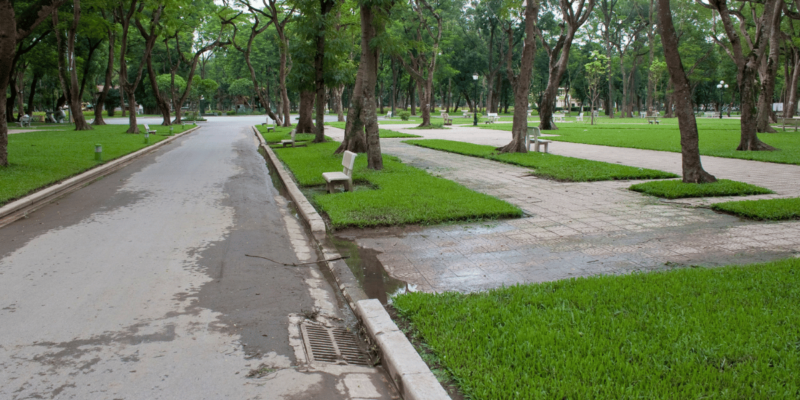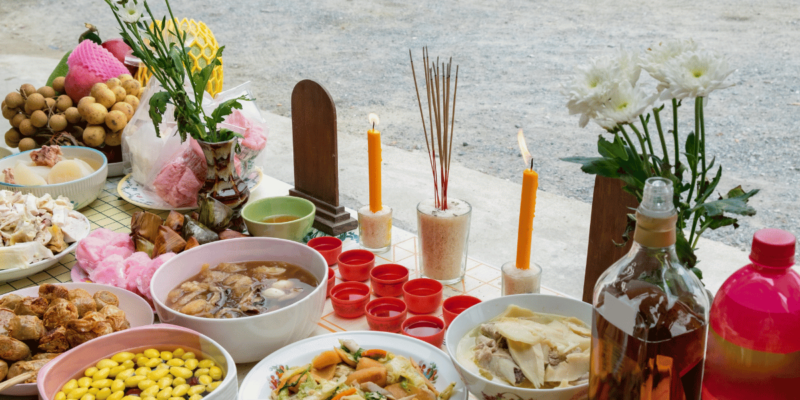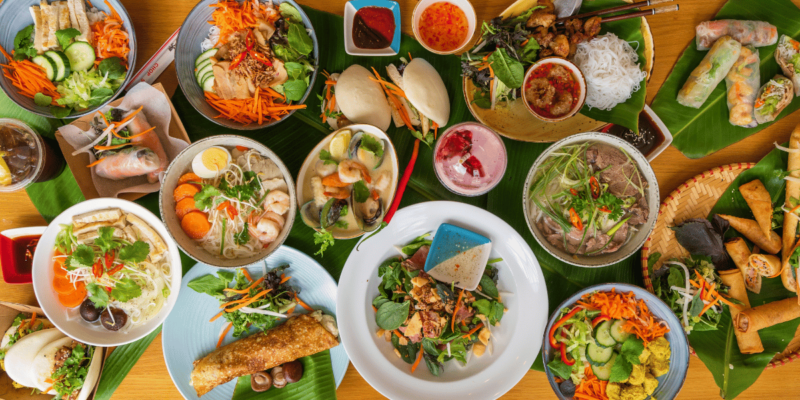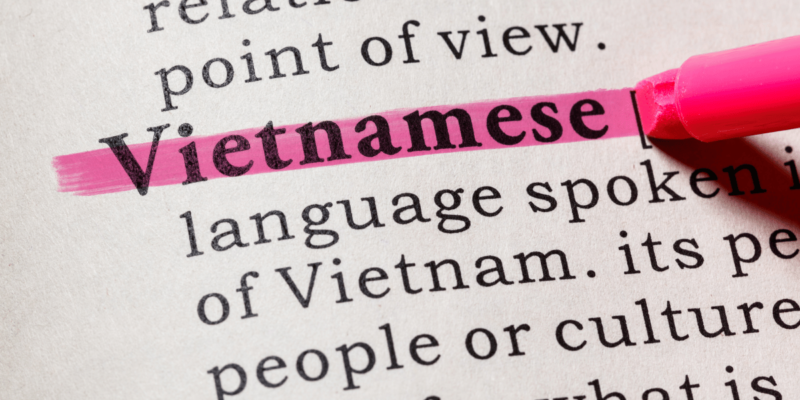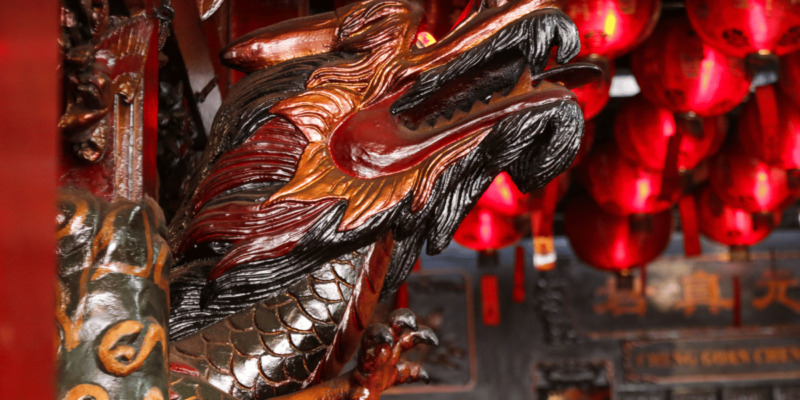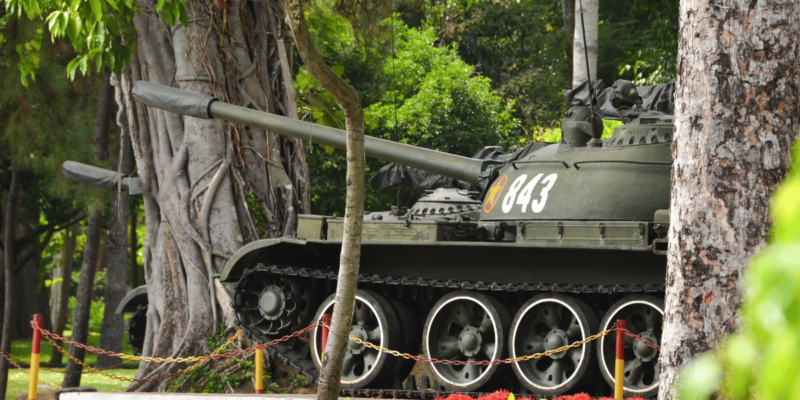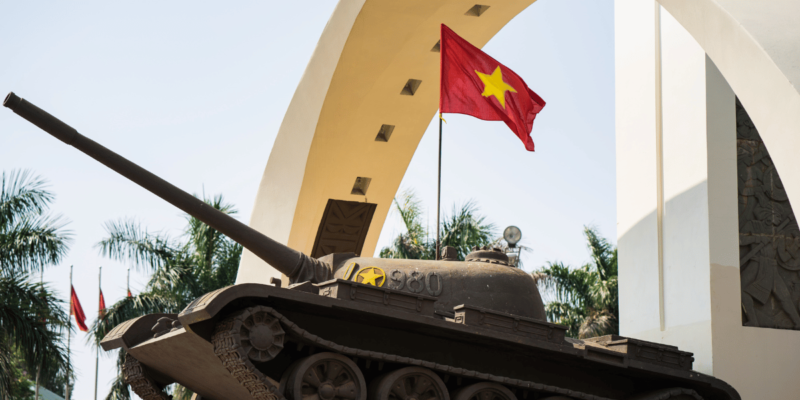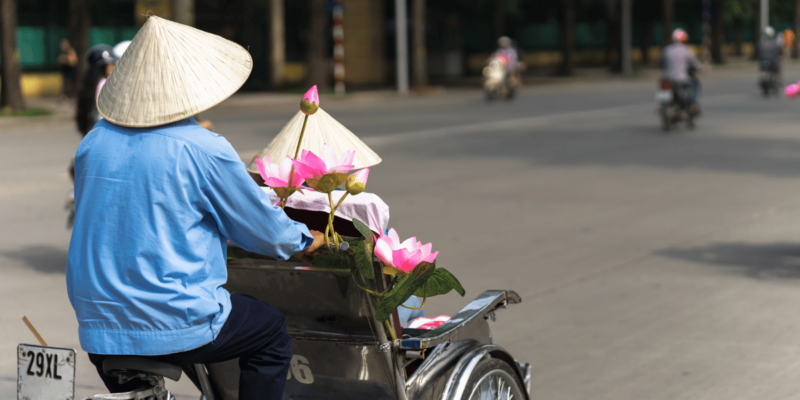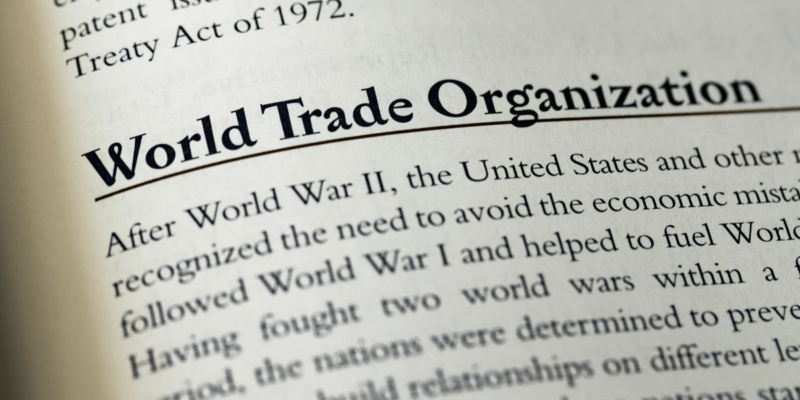Vietnam’s Social Etiquette and Confucian Legacy
Confucian Influence on Modern Vietnamese Behavior
Vietnam’s adherence to Confucian precepts has historically dictated societal behavior, placing significant emphasis on familial hierarchy and correct conduct. While the strictest interpretations have evolved, core aspects, particularly regarding gender roles and family dynamics, persist across both rural and urban settings. Traditionally, Vietnamese culture, deeply influenced by Confucianism, mandated female subordination and stringent social hierarchies that emphasized deference to elders and males. Although modern societal norms have relaxed these rigid standards, remnants of these traditions remain, influencing behavior distinctly in various contexts.
Family Dynamics and Gender Roles
In Vietnamese families, children are typically raised without a notion of inherent ‘rights’ seen in Western cultures. Girls are expected to engage in household chores from a young age and defer to male authority, while boys may receive more freedom and encouragement to undertake ‘manly’ pursuits. These norms extend to adulthood, where women often assume primary responsibility for household management and caregiving, sometimes to stringent extents. For instance, a wife might be expected to care for her husband through severe illnesses like HIV/AIDS contracted through infidelity, with familial support typically siding with patriarchal expectations.
Marital Expectations and Domestic Life
A new wife in Vietnam traditionally moves into her husband’s family home, assuming household duties under the close supervision of her mother-in-law. This practice can impose significant constraints on women, especially in more traditional households where men may dictate domestic and social activities strictly. However, contemporary shifts are evident, with some modern husbands participating more actively in household responsibilities, reflecting a gradual but notable transformation in marital dynamics.
Workplace Hierarchy and Professional Conduct
Vietnamese workplaces often reflect traditional Confucian hierarchies, where roles are clearly defined and respect for authority is paramount. Information flow is typically restricted to necessary parties, and deference to superiors is crucial, often to the extent that disagreeing openly with a superior can be seen as a severe breach of conduct. Social rituals, such as lengthy tea drinking and indirect discussions, are integral, emphasizing relationships over task efficiency.
Public Behavior and Social Stratification
In public, the Vietnamese are expected to show deference to authority figures, and interactions often involve a level of humility and, sometimes, preemptive gratuity, which can be misconstrued as corruption by Western standards. Public disputes or loss of temper are frowned upon, leading to a loss of face, a critical concept in Vietnamese social interactions.
Outside of familial or hierarchical relationships, there is little expectation of public altruism; for example, bystanders at accidents are typically observers rather than helpers. This behavior starkly contrasts with Western norms where passivity in emergencies might attract censure.
Class Distinctions in Vietnamese Society
Despite its communist principles advocating for classlessness, Vietnam exhibits pronounced class divisions. The derogatory term ‘nha que’ (peasant or country person) illustrates the disdain for rural backgrounds, contrasting sharply with the urban ‘middle class,’ who distinguish themselves through dress, lifestyle, and social practices aimed at emphasizing their elevated status. This division is so ingrained that social interactions across class lines are rare, reinforcing longstanding cultural distinctions.
In summary, Vietnam’s social norms and behaviors provide a fascinating blend of traditional Confucian values intertwined with the complexities of modern societal shifts. These traditions, while evolving, continue to influence every aspect of Vietnamese life, from family structures and professional environments to social interactions and class perceptions.






